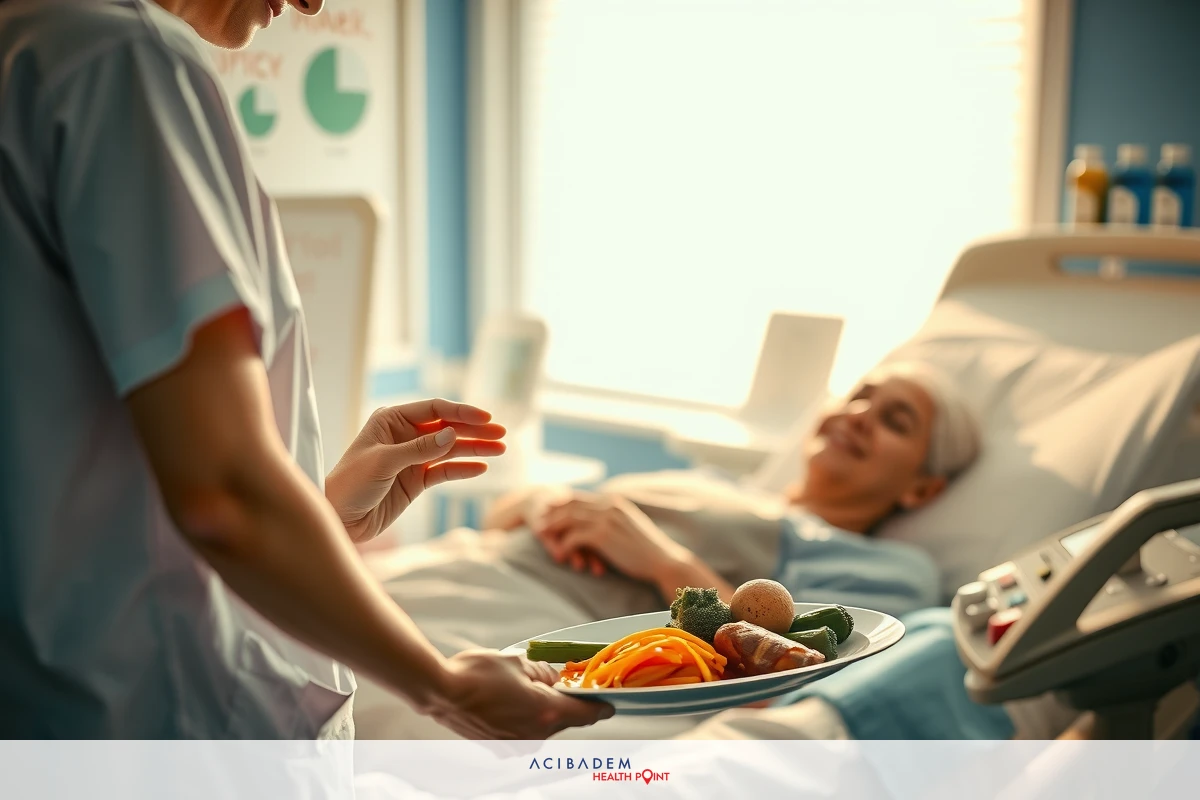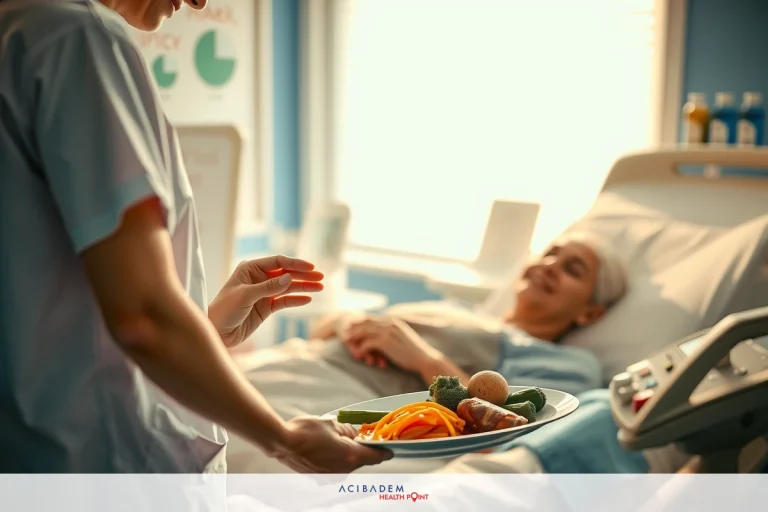Can You Eat Cheese After Gastric Sleeve?
Can You Eat Cheese After Gastric Sleeve? After undergoing gastric sleeve surgery, many patients have questions about the foods they can and cannot eat. It is crucial to follow a nutritious diet that aids in recovery and weight management. One common question is whether it’s possible to include cheese in the post-surgery diet.
Cheese, being a dairy product, offers nutritional benefits but also poses some considerations for individuals who have had the procedure. This article will provide information on dietary recommendations for post- surgery individuals and how cheese fits into these guidelines. This will aid in making inform food choices that contribute to your well-being after gastric sleeve surgery.
Dietary Recommendations for Post-Surgery
After a gastric sleeve surgery, the dietary recommendations aim to promote healing, manage side effects, and support weight loss. Initially, patients are advised to follow a clear liquid diet that gradually transitions to a full liquid diet. This helps the stomach to heal without being strained by hard-to-digest foods. The clear liquid diet usually includes broth, decaffeinated tea or coffee, sugar-free popsicles or gelatin dishes.
As the body adjusts, the patient can move on to pureed foods and then soft foods. Pureed foods should be of a smooth consistency and can include lean meats, fruits and vegetables pureed with milk or juice, and refined cereals like oatmeal. Soft foods are introduced about 4-6 weeks post-surgery and can include cooked vegetables, soft fruits, and lean proteins.
In the long-term, a balanced diet is recommended for post-gastric sleeve patients. This should include lean proteins, fruits, vegetables, whole grains, and low-fat dairy products. The emphasis is on consuming small portions of nutrient-rich foods at each meal. It’s important to take small bites and chew thoroughly to aid digestion. Avoid high-sugar and high-fat foods as they can lead to weight gain and other health problems.
Protein is especially important in the diet after gastric sleeve surgery. It helps to preserve muscle tissue during rapid weight loss. Consuming enough protein also aids in wound healing and recovery. Aim for at least 60-80 grams of protein per day from sources like lean meats, eggs, beans, low-fat dairy products, and protein supplements if necessary.
Drinking plenty of fluids is another crucial part of the post-surgery diet but remember to avoid drinking fluids during meals. This can make you feel full quickly and prevent you from eating enough food. Instead, try to drink fluids between meals. Avoid carbonated drinks and drinks that contain caffeine or alcohol.

Having a variety of foods in your diet will not only ensure that you get all necessary nutrients but will also make your meals more enjoyable. Remember that everyone is different; what works for one person may not work for another. Listen to your body and adjust your diet accordingly under the guidance of your healthcare provider.
Including Cheese in Your Post-Surgery Diet
Cheese can certainly be part of your diet after gastric sleeve surgery, but there are a few considerations to note. Firstly, cheese is a dairy product, and some people may experience lactose intolerance after their surgery. This means that consuming dairy products like cheese might cause discomfort or digestive issues. If you suspect you have developed lactose intolerance, it’s best to avoid cheese and other dairy products or choose lactose-free versions.
Secondly, cheese is typically high in fat, especially saturated fat. While a certain amount of fat is necessary for health, too much saturated fat can contribute to heart disease and other health problems. For this reason,
it’s advised to choose low-fat or reduced-fat cheeses after gastric sleeve surgery. These options will provide you with the protein and calcium benefits of regular cheese without the excessive fat content. Also, remember that portion control is key. Even healthier versions of cheese can contribute to weight gain if eaten in large amounts.
Finally, cheese can be an excellent source of protein after surgery. Protein is vital for healing and maintaining muscle mass during rapid weight loss phases. However, it’s essential to balance your diet with other protein sources too, such as lean meats, beans, and eggs. Including a variety of protein sources will ensure that you’re getting all the essential amino acids your body needs for optimal health.
In conclusion, while cheese can be included in a post-gastric sleeve diet, it should be consumed mindfully. Opt for low-fat varieties, watch your portions, and listen to your body’s responses. As always, consult your healthcare provider or a dietitian if you have any concerns about including cheese in your post-surgery diet. They can provide personalized advice based on your specific health needs and goals.
Frequently Asked Questions
Can I eat cheese right after gastric sleeve surgery?
It is generally recommended to avoid solid foods immediately after gastric sleeve surgery. In the initial stages of your post-surgery diet, you will start with clear liquids and gradually progress to pureed foods and soft foods. Cheese, being a solid food, should be introduced later in the diet according to your healthcare provider's guidance.
How much cheese can I consume in my post-surgery diet?
Portion control is essential when incorporating cheese into your post-surgery diet. The exact amount will depend on your individual dietary needs and goals. However, it's important to remember that cheese is calorie-dense, so moderation is key. Aim for small servings and choose low-fat or reduced-fat options whenever possible.
Are there any specific types of cheese that are better for a post-gastric sleeve diet?
When selecting cheese for your post-surgery diet, opt for low-fat or reduced-fat varieties. These options contain less saturated fat and calories compared to full-fat cheeses. Some examples include reduced-fat cheddar, part- skim mozzarella, and cottage cheese. Remember to read labels and choose options that fit within your dietary guidelines.
Can I eat cheese if I have lactose intolerance after gastric sleeve surgery?
If you experience lactose intolerance after gastric sleeve surgery, it's best to avoid cheese and other dairy products that may cause discomfort or digestive issues. However, some individuals with lactose intolerance find that they can tolerate certain types of cheeses that are lower in lactose content, such as hard aged cheeses like Parmesan or Swiss. Experimenting with small amounts and observing your body's response can help determine if you can include certain cheeses in your diet.
Are there any alternatives to cheese that provide similar nutritional benefits?
If you are unable to include cheese in your post-surgery diet or prefer alternatives, there are other options that provide similar nutritional benefits. Some alternatives to consider include tofu, Greek yogurt, or plant-based cheeses made from nuts or soy. These alternatives can offer protein and calcium while catering to dietary restrictions or preferences. Always consult with your healthcare provider or a registered dietitian for personalized advice based on your specific needs.











